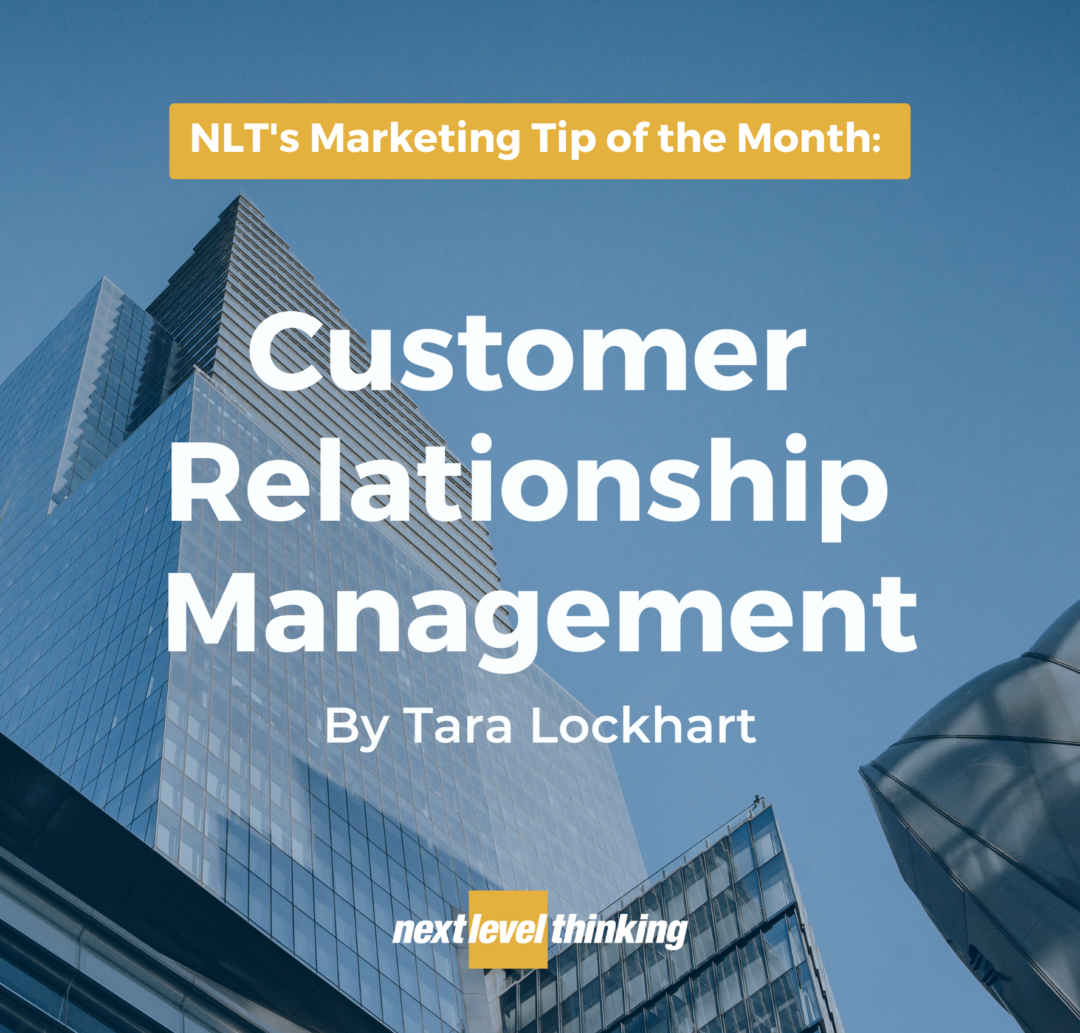
In the dynamic and highly competitive business landscape of today, maintaining a customer-centric approach is crucial for sustainable success. That’s where Customer Relationship Management (CRM) systems step in, revolutionizing the way businesses interact with their customers and empowering them to build stronger relationships. Implementing and effectively utilizing a CRM system can unlock a myriad of benefits, enabling businesses to streamline operations, improve customer satisfaction, and boost revenue growth. In this blog post, we will explore the transformative advantages of implementing and using a CRM system.
Enhanced Customer Management:
One of the primary benefits of a CRM system lies in its ability to consolidate and organize customer data in a centralized hub. By harnessing this wealth of information, businesses gain a comprehensive understanding of their customers’ preferences, purchase history, and interactions with the company. This knowledge fuels personalized customer experiences, enabling businesses to tailor their communication, offerings, and marketing campaigns to specific customer segments. With a CRM system, businesses can effortlessly deliver targeted promotions, provide proactive customer support, and nurture long-term relationships. The result? Increased customer satisfaction, loyalty, and advocacy, paving the way for sustainable growth.
Streamlined Sales and Marketing Processes:
A CRM system acts as a catalyst for efficient sales and marketing operations. It enables sales teams to track leads, manage pipelines, and prioritize high-value opportunities. With automation features, repetitive tasks such as data entry and follow-ups are streamlined, freeing up valuable time for sales representatives to focus on building relationships and closing deals. Furthermore, marketing teams can leverage the CRM system’s insights to develop data-driven strategies. By analyzing customer data, market trends, and campaign performance, marketers gain valuable insights into what resonates with their target audience. This knowledge allows for precise targeting, personalized messaging, and optimized resource allocation, resulting in improved campaign effectiveness and ROI.
Enhanced Collaboration and Data-Driven Decision-Making:
A CRM system fosters collaboration across teams by providing a shared platform for accessing and updating customer information. Sales, marketing, and customer support teams can collaborate seamlessly, ensuring a consistent and cohesive customer experience at every touchpoint. Moreover, CRM systems offer robust reporting and analytics capabilities, empowering businesses to make data-driven decisions. Real-time insights into key performance indicators enable organizations to monitor progress, identify bottlenecks, and optimize strategies for improved outcomes. Whether it’s tracking conversion rates, analyzing customer behavior, or forecasting sales projections, CRM-generated insights help businesses stay agile, adapt to market trends, and stay ahead of the competition.
Implementing and effectively utilizing a CRM system can be a game-changer for businesses aiming to excel in customer management, sales, and marketing. By consolidating customer data, streamlining processes, fostering collaboration, and enabling data-driven decision-making, CRM systems unlock the potential for improved customer satisfaction, increased sales, and sustainable growth. Embracing a customer-centric approach with a CRM system at the core not only empowers businesses to build stronger relationships but also drives operational efficiency and positions them as leaders in their respective industries. In today’s competitive landscape, a CRM system is not just a tool; it’s a strategic investment that fuels success and unlocks the full potential of customer relationships.

